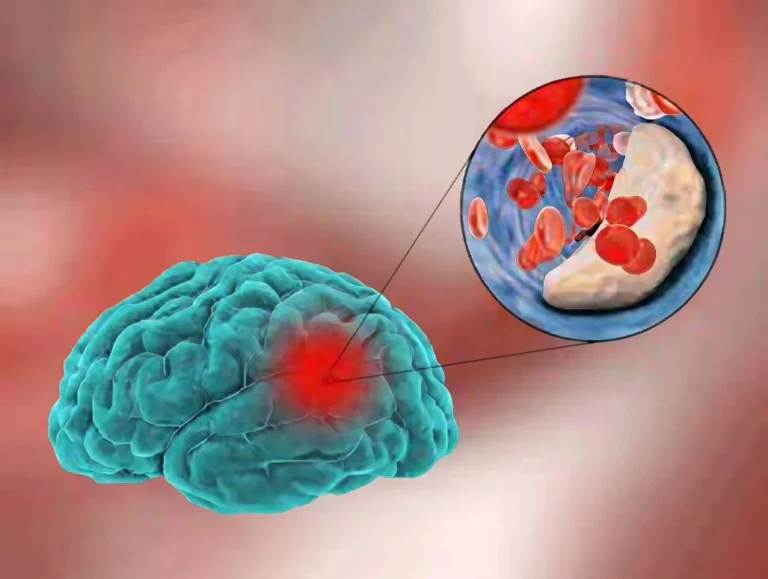
Oxford Nanopore Technologies, a leader in advanced nanopore-based molecular sensing technology, has announced a groundbreaking collaboration with UK Biobank to create the world’s first large-scale, comprehensive epigenetic dataset. Utilizing Oxford Nanopore’s cutting-edge DNA/RNA sequencing technology, the project will map the epigenomes of 50,000 participant samples. This initiative aims to uncover key insights into the mechanisms of diseases, ultimately helping to improve patient outcomes. The resulting dataset will be publicly accessible, providing the scientific community with a valuable resource to accelerate advancements in genomic research.
Epigenetics examines how external factors, like lifestyle choices such as smoking and diet, can alter an individual’s DNA. These changes are pivotal in how genes are expressed and can influence the risk of diseases like cancer and neurodegeneration. For instance, epigenetic research has shed light on how tumors develop and become resistant to treatment. One study, utilizing single-cell epigenetic profiling, revealed the diversity of cancer cells within a tumor, offering insights into personalized therapies aimed at overcoming resistance.
Oxford Nanopore’s sequencing technology provides a comprehensive view of up to 98% of epigenetic methylation markers across the genome, vastly outperforming microarrays, which only capture about 3%. Methylation involves adding chemical (methyl) groups to DNA at specific sites without changing the DNA structure. Oxford Nanopore is unique in its ability to sequence not only the canonical DNA bases (C, A, G, T) but also methylation markers such as 5mC, 5hmC, 6mA, and others in various contexts. This detailed level of sequencing is achieved through Oxford Nanopore’s direct sequencing of native DNA/RNA, which provides richer insights that were previously out of reach. Nanopore sequencing doesn’t require bisulfite conversion to detect methylation, thus preserving all methylated bases throughout the genome sequencing run. This allows for the identification and phasing of long-range epigenetic modifications, structural variants (SVs), single nucleotide polymorphisms (SNPs), and repeats in one dataset.
The new collaboration aims to capture the full spectrum of the epigenome, providing significant insights into disease development and progression. By mapping 98% of the epigenome, researchers can better understand the causes of diseases like cancer, neurological disorders, and rare conditions. The dataset will focus primarily on healthy participants, offering a valuable baseline for studying diseases and creating population-level risk profiles, which will support the development of tailored healthcare interventions.
This initiative may also lead to the creation of new clinical applications, including disease risk screening and more accurate diagnostics for early-stage disease detection. With such data, doctors could one day tailor treatments based on patients’ unique epigenetic profiles, leading to more personalized and effective healthcare.
Gordon Sanghera, CEO of Oxford Nanopore, commented:
“This project is a major advancement in epigenetic research, crucial to understanding disease progression and treatment responses. Our collaboration with UK Biobank to create the world’s largest epigenetic dataset is a key step in advancing healthcare and genomics. By capturing comprehensive methylation data, we aim to uncover new insights into diseases like cancer and dementia, ultimately enabling more personalized and effective treatments.”
Professor Naomi Allen, Chief Scientist at UK Biobank, added:
“Environmental and lifestyle factors can cause chemical changes to our DNA, contributing to disease by altering gene expression. Understanding these epigenetic changes will help explain why some people develop diseases while others do not, even with the same genetic background. This collaboration will create the largest, most detailed epigenetic dataset ever, combining it with UK Biobank’s extensive genetic, imaging, and lifestyle data to improve our understanding of diseases in mid- to old age.”
Science and Technology Secretary Peter Kyle remarked:
“Diseases like cancer and dementia have deeply affected families across the UK. By bringing together the government, NHS, researchers, and leading businesses, we can transform our understanding of these conditions, ultimately saving lives and supporting families for longer.”
Health and Social Care Secretary Wes Streeting emphasized:
“Our 10-Year Health Plan is focused on shifting the healthcare system towards prevention, addressing the root causes of devastating diseases like cancer and dementia. By combining the care of the NHS with the ingenuity of our scientific community, we aim to develop cutting-edge treatments and ensure the future success of our healthcare system.”
Expanding the UK’s leadership in life sciences and epigenetics, this project follows the announcement of a strategic partnership involving the UK Government, UK Biobank, Genomics England, and NHS England to drive pioneering research that will improve patient care in the UK and worldwide. Through this collaboration, Oxford Nanopore and UK Biobank aim to boost economic growth in the UK’s life sciences sector, positioning the country as a global leader in genomics and healthcare innovation.
This partnership will lay the foundation for future clinical applications, turning scientific breakthroughs into real-world benefits for patients.
About Oxford Nanopore Technologies
Oxford Nanopore Technologies aims to provide the widest societal benefits by enabling anyone, anywhere to analyze anything. The company has developed next-generation nanopore-based sensing technology for real-time, high-performance, accessible, and scalable DNA and RNA analysis. The technology is used in over 125 countries to study human biology, diseases like cancer, as well as plants, animals, bacteria, viruses, and ecosystems. Oxford Nanopore’s products are designed for molecular biology applications and are not intended for diagnostic purposes.




